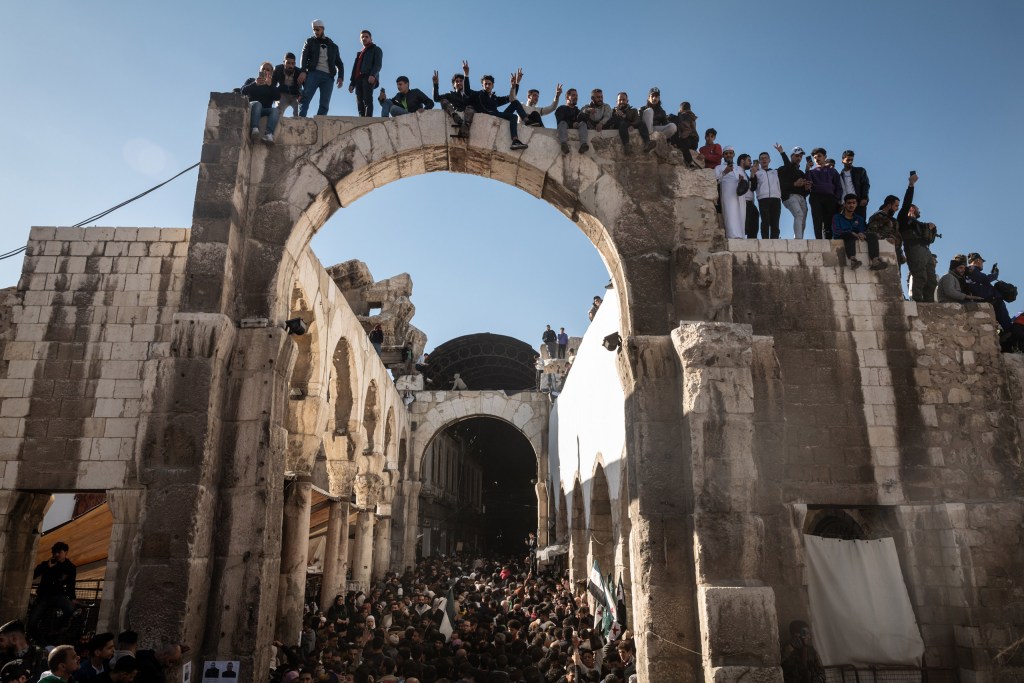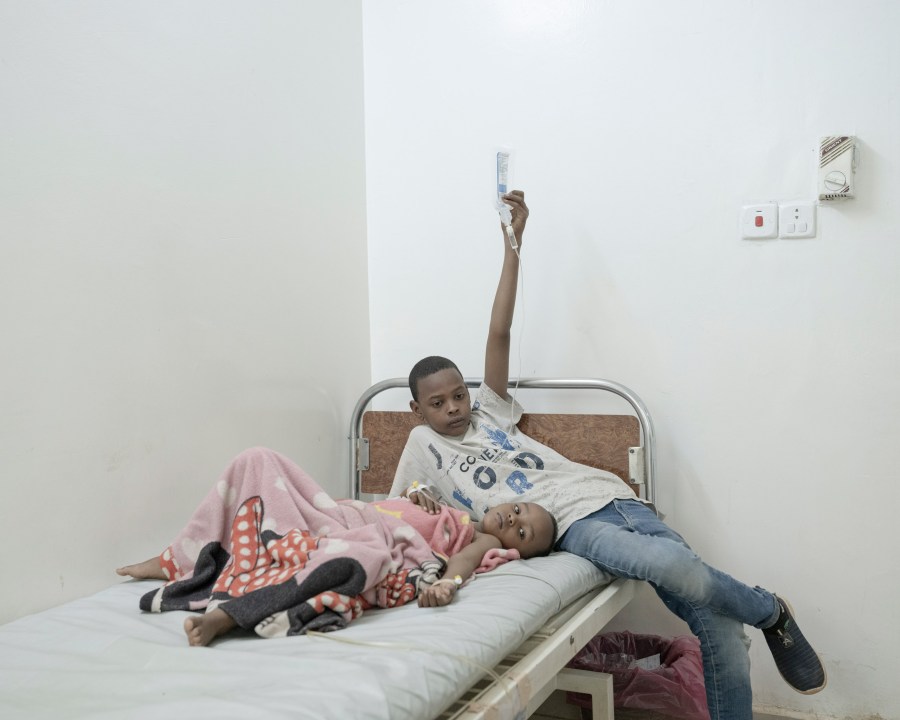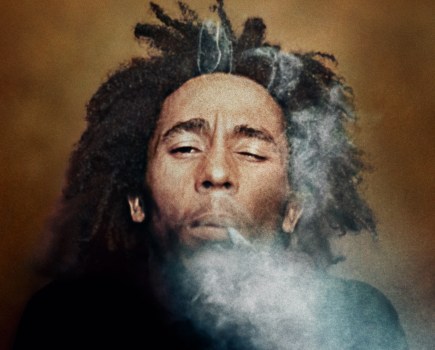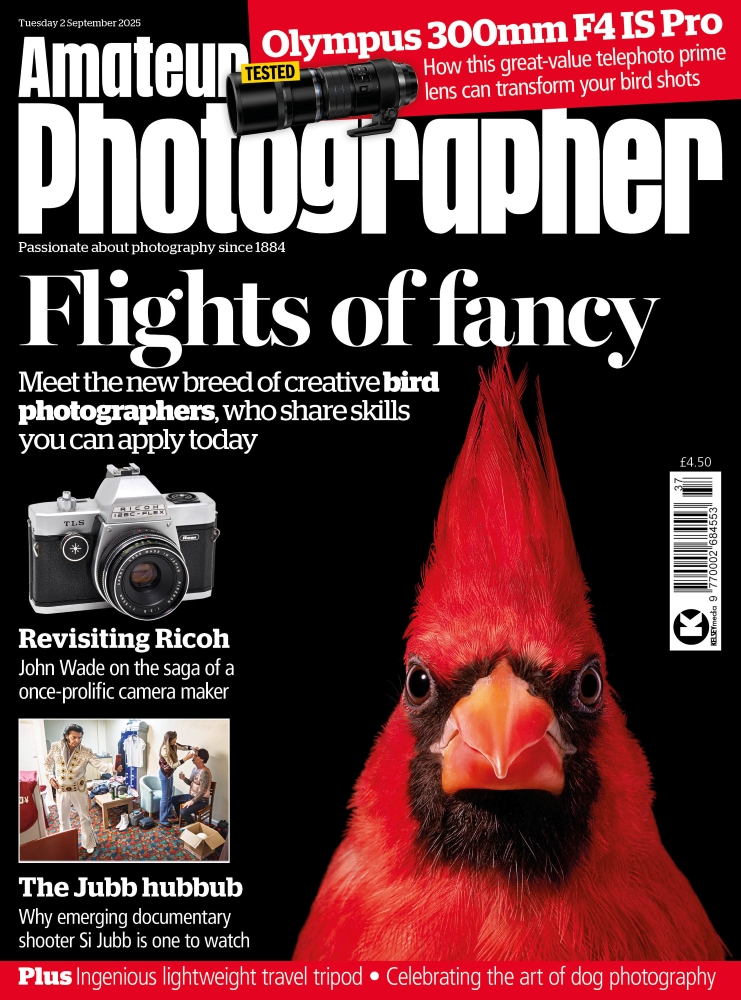The role of the photojournalist is to witness, to testify, and to ensure that the world cannot look away. Few embody this ethos more powerfully than German photographer Johanna-Maria Fritz. She has been named the recipient of the 11th Annual Anja Niedringhaus Courage in Photojournalism Award. Presented by the International Women’s Media Foundation (IWMF), the award honours extraordinary bravery and dedication in visual reporting. This year it shines a spotlight on Fritz’s searing work inside a Sudanese hospital at the heart of one of the world’s most neglected humanitarian crises.
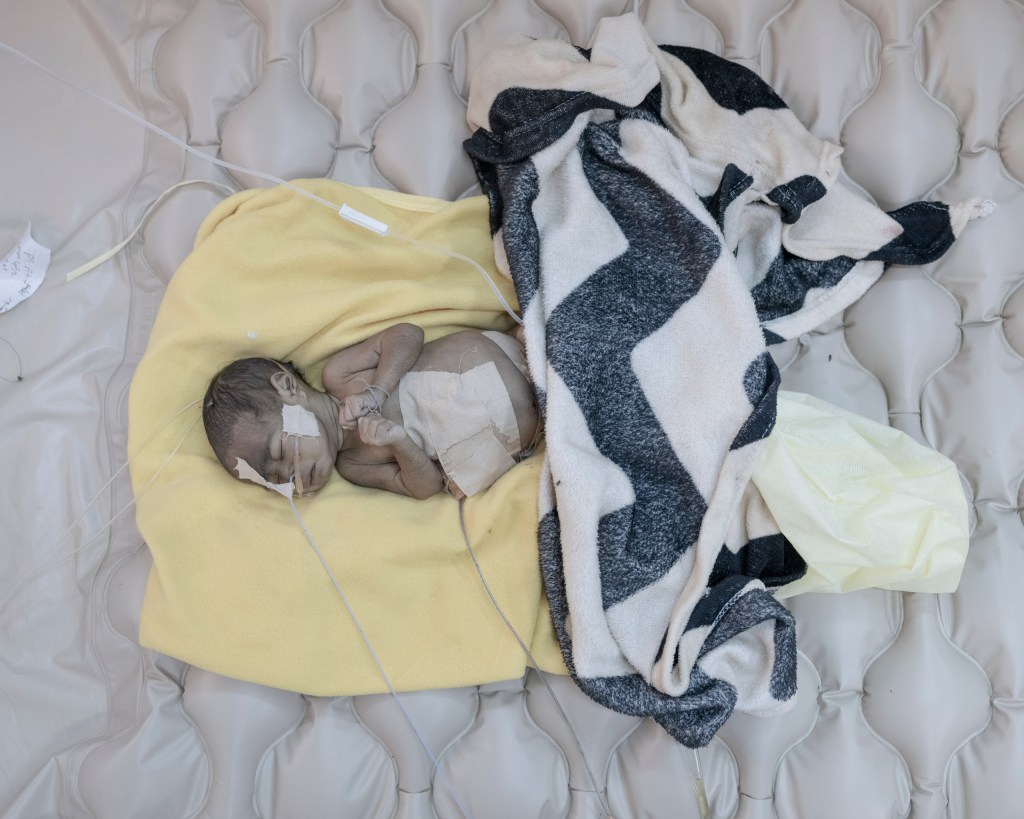
Fritz’s portfolio, Al Naw: The Last Hospital, documents life and death inside one of Sudan’s final functioning public hospitals, in Omdurman. Against the backdrop of a country torn apart by conflict, Al Naw became both a fragile shelter and a place of survival, where doctors, nurses, and volunteers fought to save lives despite relentless shelling, dwindling supplies, and the looming threat of collapse. Her images expose the resilience of those who endure and the immense cost borne by civilians caught in war.
Winning matters
The IWMF’s executive director, Elisa Lees Muñoz, emphasised why Fritz’s work matters. ‘We are living in a world beset by conflict, yet our news feeds rarely reflect the full scale of loss unfolding in Sudan. Johanna’s remarkable courage documenting war crimes, a humanitarian crisis and displacement reminds the world who pays the highest price during times of unrest. Immeasurably difficult to craft, her work ensures we cannot look away: It helps us to better understand our world and its fragility.’
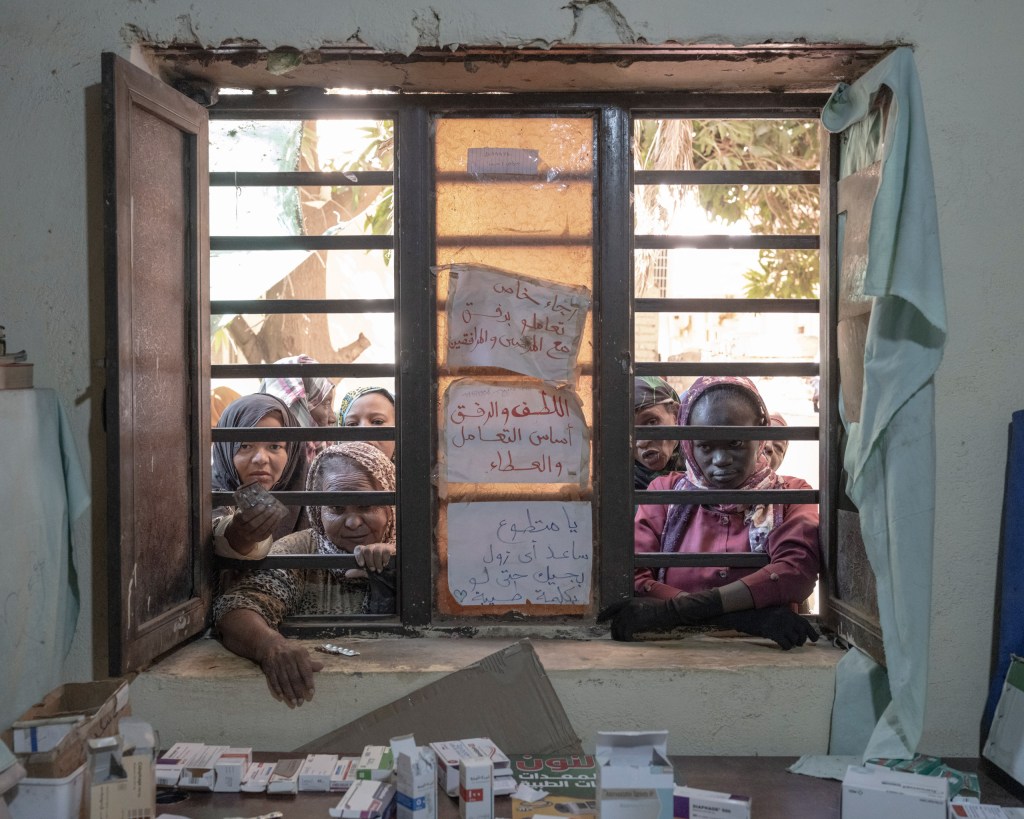
For Fritz, the assignment in Sudan was among the most painful of her career. ‘This was the saddest and some of the most difficult reporting I’ve done,’ she reflected. Yet she speaks of the people she met – patients, medics, and families as the reason she continues. ‘Despite constant shelling, we were able to document the journeys of many kind and brave people, which is the reason I became a photojournalist.’
The award is especially poignant for Fritz, who studied under Anja Niedringhaus at university. She cites the Pulitzer Prize-winning photographer as a guiding light. Niedringhaus, who was killed in Afghanistan in 2014 while on assignment for the Associated Press, is remembered for her fearless and deeply human approach to war photography. ‘Anja’s fearless approach has been a guiding force in my career,’ Fritz said. ‘To receive this award in her honour is moving beyond words.’
Bearing witness
Johanna-Maria Fritz is no stranger to conflict. Since 2016, she has covered some of the world’s most harrowing stories. Afghanistan before and after the Taliban’s return, the ongoing war in Ukraine, the fall of Assad in Syria, and now Sudan. Her work published in Die Zeit, Der Spiegel, Stern and widely exhibited, continues to push beyond headlines to reveal human resilience and suffering in equal measure.
Awards and recognition have followed her uncompromising commitment. In addition to this year’s Anja Niedringhaus Award, she won a World Press Photo Award in 2024, the Inge Morath Award in 2017 and the Peace Prize for Photography in 2019. Alongside her frontline coverage, she is developing a new multimedia project titled Keep Her Pure, exploring cultural notions of female virginity and their impact on women’s lives. The scope of her work reveals both courage and versatility, an ability to tell difficult, intimate stories with honesty.
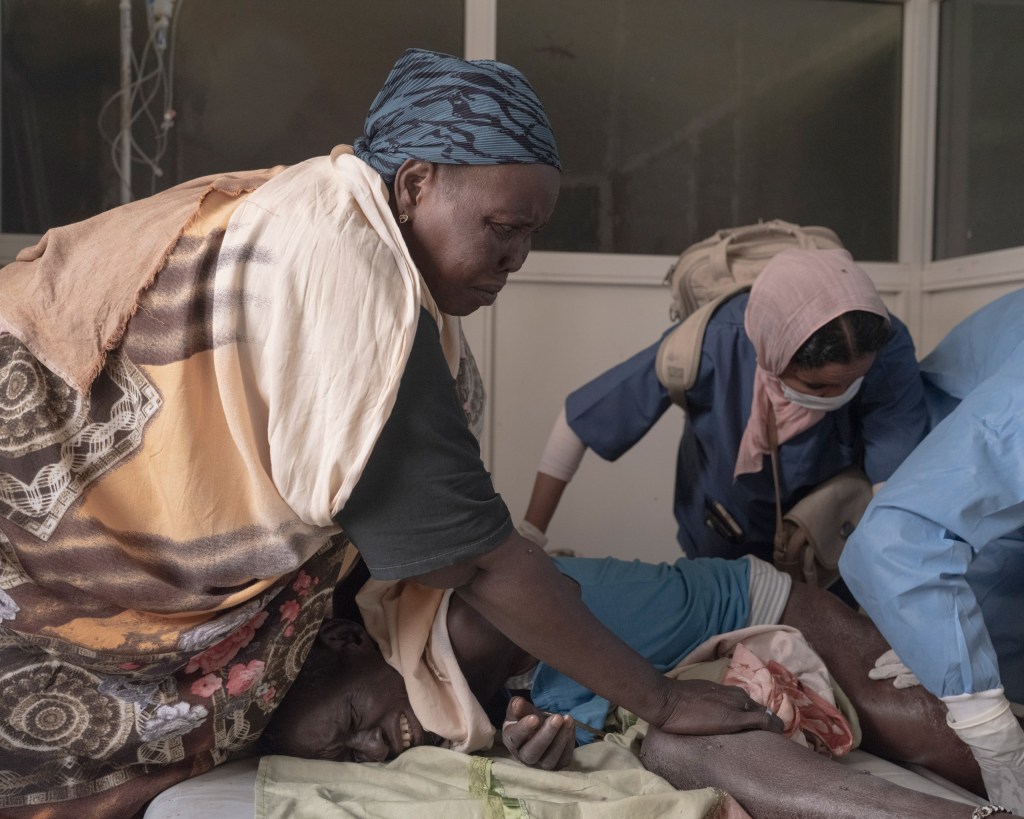
Her Sudan portfolio, however, represents a particular test of resilience and purpose. The conflict has created information blackouts. According to UNESCO, at least nine journalists have been killed since fighting erupted. Around 90 percent of the country’s media infrastructure has been destroyed. In this void, Fritz’s photographs serve as both evidence and testimony, countering silence with clarity.
Honouring Courage Across Borders
The IWMF Anja Niedringhaus Award is not only about celebrating a single photographer but also about recognising the collective bravery of women and nonbinary journalists who take extraordinary risks to bring underreported stories to light. This year’s jury, comprising leading editors and photographers including Corinne Dufka, Whitney Johnson Latorre, Brent Lewis, Enric Martí, Benjamin Snyder, Sandra Stevenson, and Bernadette Tuazon, reviewed 114 submissions from 43 countries. Their statement captured the essence of the award: ‘Each image in Johanna, Nicole and Adriana’s portfolio tells a story and resembles the legacy Anja set for the field. Like Anja, each photojournalist embraces full-frame storytelling to bring underreported narratives beyond their localities with skill, determination and, above all, humanity.’
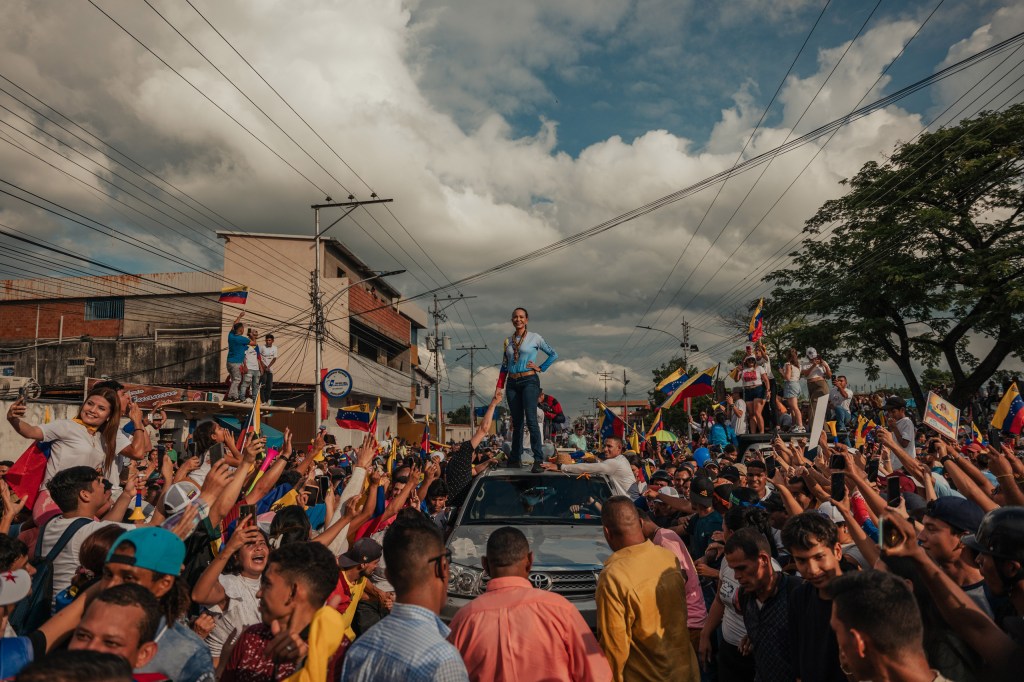
Honourable mentions
Two honourable mentions were awarded alongside Fritz. Adriana Loureiro Fernández, a Venezuelan photojournalist, was recognised for her series Paradise Lost. Her work charts Venezuela’s descent into turmoil: the violence of political persecution, the stranglehold of oil dependency, the despair of food insecurity and the resilience of communities still striving amid chaos. Fernández’s work has appeared in The New York Times, The Washington Post, Der Spiegel and others. She has already earned her significant recognition, including a World Press Photo Award and the Eugene Smith Grant in 2024.
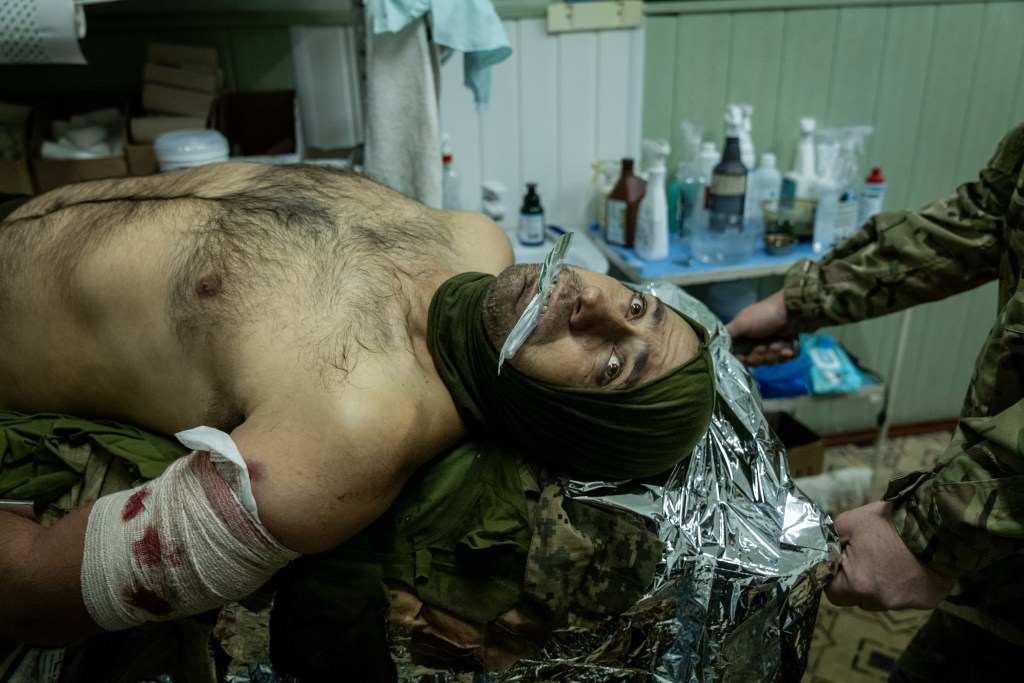
The second honourable mention went to Nicole Tung, a U.S. photojournalist now based in Turkey. Tung’s career has long been defined by her coverage of conflict and migration. Her submission included work from Ukraine, Syria, Bangladesh, and Hong Kong. Her photographs explore not only the devastation of war but also its psychological toll, documenting what violence and displacement do to both people and places. Tung first received an honourable mention from the IWMF in 2017. She is also the 2025 recipient of the Philip Jones Griffiths Award and was recently a finalist for the Pulitzer Prize in Breaking News Photography as part of a New York Times team covering Ukraine.
A Living Legacy
In awarding Johanna-Maria Fritz, Adriana Loureiro Fernández, and Nicole Tung, the IWMF reinforces the enduring legacy of Anja Niedringhaus. Courage in photojournalism is not about seeking danger for its own sake, but about enduring it in order to tell the truth, to preserve human dignity, and to amplify stories that might otherwise vanish in silence. These photographers remind us that while conflict consumes lives and landscapes, it is often the act of witnessing, of fixing reality in an image that keeps memory alive.
As the jury rightly notes, each of these women extends Anja’s legacy into the present. In Sudan, Venezuela, Ukraine, Syria, and beyond, their cameras offer a full-frame testimony of our shared fragility and resilience. In doing so, they honour not only Anja’s courage, but the countless individuals who continue to risk everything for the possibility of truth.
